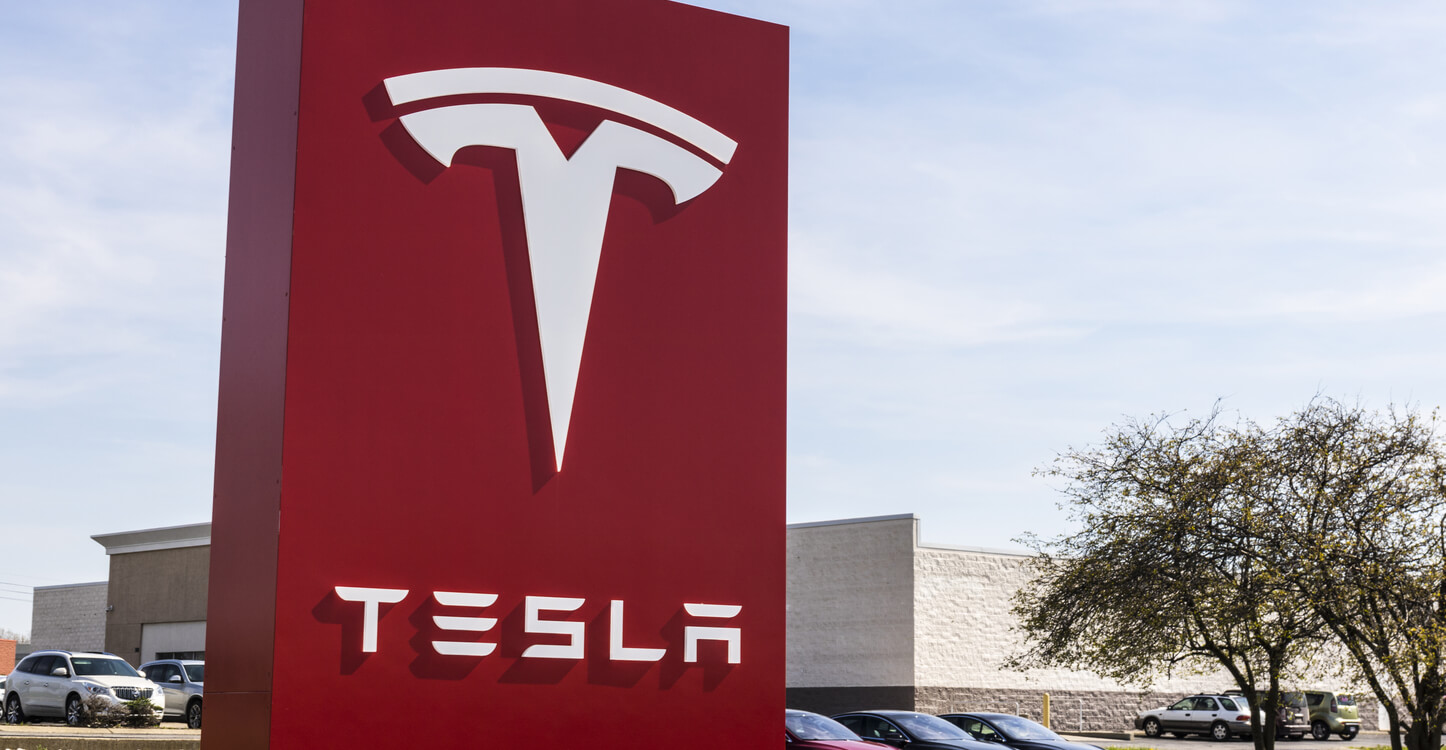Trump’s crypto influence scrutinized as stablecoin legislation stalls in Congress
Quick Take Trump’s deepening ties to crypto projects are raising ethical questions as regulation efforts stall. The president’s memecoin and stablecoin connections have complicated bipartisan talks on digital asset laws. Despite growing controversy, Trump’s crypto stance has energized the industry and attracted major allies.

It's hard to measure the outsized influence President Donald Trump has had on crypto. And up until recently, it appeared the president whose election victory helped push Bitcoin past $100,000 for the first time could do no wrong.
Trump’s appointees have taken a pro-crypto stance, and the projects he’s personally connected to digital asset projects that have created billions in market value. Yet questions are mounting over whether that influence is starting to sour.
With stablecoin legislation now stalled in Congress, Democrats are raising alarms over Trump’s ties to a recently launched stablecoin and a foreign cryptocurrency exchange that once faced scrutiny from the Department of Justice. Meanwhile, the president’s agreement to meet top holders of a memecoin bearing his name — now boasting a market cap of nearly $2.8 billion — has triggered fresh conflict-of-interest concerns.
"In our politicized age, Trump’s involvement with just about anything will result in efforts to stop it from his opposition. That being said, crypto is unique in that Trump obviously has a direct financial interest in crypto," Two Prime CEO Alexander Blume told The Block. "This is historically why presidents are meant to divest from control over investments prior to taking office, something Trump has refused to do. This does show he has skin in the game and cares about the success of the industry himself by putting his money where his mouth is, but also creates both perceived and real conflicts of interest."
This past week, Senate momentum on the GENIUS stablecoin bill collapsed as Democrats questioned Trump’s growing involvement in crypto projects, such as World Liberty Financial, a decentralized finance platform that recently launched the USD1 stablecoin.
News that Abu Dhabi-based investment firm MGX would use USD1 to help close a $2 billion deal with Binance drew criticism from some Senate Democrats. The move caused the stablecoin’s market cap to surge from $130 million to over $2 billion almost overnight.
Binance pleaded guilty to federal charges in 2023 and agreed to pay $4 billion. Its founder and former CEO, Changpeng Zhao, served a four-month prison sentence after stepping down.
Last week, Democratic senators questioned Trump and his family's reported ties to Binance. In March, it was reported that people representing Trump's family had been in discussions about a "business deal" with Binance executives.
Political agenda
However, Sen. Tim Scott, R-S.C., blamed Democrats for derailing the stablecoin bill as part of an anti-Trump strategy.
"It was a vote against President Trump and President Trump's legislative agenda. It was a vote to stop President Trump from having a victory in the digital asset space," Scott said in a statement. "We saw those same Democratic colleagues who recognized the urgent need to bring stablecoins into a clear, responsible regulatory framework, we watched them take a step back and vote against the very bill they voted for. The bill they shaped."
The failure of stablecoin legislation to advance last week was perhaps the only notable setback for crypto since Trump took office in January.
With respected Wall Street firms like BlackRock and Fidelity launching Bitcoin-tracking funds, prices surging after Trump’s victory, and pro-crypto figures like Howard Lutnick and David Sacks gaining influence in Washington, recent discussions around crypto in the capital have been largely positive, even among some Trump critics.
Trump's crypto interests
Billionaire entrepreneur and blockchain investor Mark Cuban — no fan of the president — last week both praised and criticized Trump’s influence on digital assets.
“I'm glad to see what he has done from a regulatory perspective. I'm thrilled to see changes at the SEC. They are long overdue," he told The Block . However, he added that “memecoins and gaming TVL sets a bad example to people who want to try to understand the utility and value of crypto."
Asked about criticism that the DeFi platform and Trump’s memecoin set a bad example for crypto, a World Liberty Financial spokesperson told The Block: “We’d like to make a clear distinction that the TRUMP memecoin and World Liberty Financial are entirely separate and unrelated entities. There is no shared management, technology, infrastructure or financial relationship.”
Trump is listed as both the inspiration behind WLF and its "chief crypto advocate.” Trump's three sons are also connected to the project.
Another vocal pro-crypto Trump critic, Wormhole General Counsel Cathy Yoon, echoed Cuban's sentiments, telling The Block that while it's been "refreshing to see an administration embracing this industry" after years of dealing with President Joe Biden's "anti-crypto" administration, she's afraid Trump has gone too far.
"I don't think this is the type of 'support' the industry wants or asked for in terms of WLF, the first family's memecoins and a stablecoin issued by WLF," said Yoon.
Both Trump and First Lady Melania Trump have backed the launch of Solana-based memecoins. Many early buyers of the memecoins lost money as their prices plummeted after the initial buzz accompanying Trump taking office.
TRUMP was trading at about $14.50 on Monday, with a market cap of roughly $2.9 billion. The team behind the memecoin recently said top holders would have a chance to meet the president, prompting complaints that Trump is effectively exchanging political access for money.
"It's one thing to champion a space but it's another thing to use one's office to prop up and sell financial products for potential personal gain while in office," Yoon also said. "I'd rather see proposals and active work being done to bring founders and projects back to the U.S.; tax proposals to allow for easier reintegration back to the U.S. and a push for real solid legislation that is bipartisan in nature."
Support of Coinbase, Ripple and Strategy
Trump likely retains more supporters than critics within the crypto community. His embrace of digital assets has won him influential allies, including Coinbase CEO Brian Armstrong, Ripple CEO Brad Garlinghouse, and Strategy’s Michael Saylor.
"President Trump has really breathed life back into this industry and it's already having a positive effect in America," Armstrong said in March after attending a crypto summit held at the White House. Coinbase has also committed to hiring 1,000 U.S. workers in the wake of Trump's election.
At the same summit, Trump said he hoped to have stablecoin legislation on his desk by August. He has already overseen a sweeping shift in crypto policy, including gutting the Securities and Exchange Commission and appointing blockchain advocate Paul Atkins as chair — a move that could shape digital asset regulation for years. However, Trump’s long-term crypto legacy may ultimately come down to the laws his administration can push through.
Trump’s direct involvement in crypto is likely to complicate efforts to pass both stablecoin legislation and a broader market structure bill, said Jennifer Schulp, director of financial regulation studies at the Cato Institute’s Center for Monetary and Financial Alternatives. The latter is seen by many as more significant, as it would define how the U.S. regulates the digital assets industry.
"Market structure has always been a bigger challenge than stablecoins," said Schulp. "The complications of the Trump family business interest there just make it all the more difficult."
Rep. Ritchie Torres, D-N.Y., said last week he plans to introduce legislation that would block Trump, future presidents, and members of Congress from "profiteering" on memecoins and stablecoins. While Torres's bill would need Republican support to have a chance at being passed into law, the introduction of the legislation prompts the question: Would Trump support pro-crypto legislation if it sought to implement restrictions around public officials holding crypto or having ties to projects?
"Whether it is something that can ultimately be included in the final bill is a more difficult question because in order to get that final bill enacted, it has to be signed by the president," said Schulp.
Disclaimer: The content of this article solely reflects the author's opinion and does not represent the platform in any capacity. This article is not intended to serve as a reference for making investment decisions.
You may also like
Altcoin Leverage Surges to Record $44 Billion

Tornado Cash Co-founder Faces Charges Over Alleged Crypto Control

A crypto crutch for Tesla? How a 30% Bitcoin rally is propping up a challenging earnings picture

PUMP crashes over 50% post-ICO as founder says airdrop not coming soon

